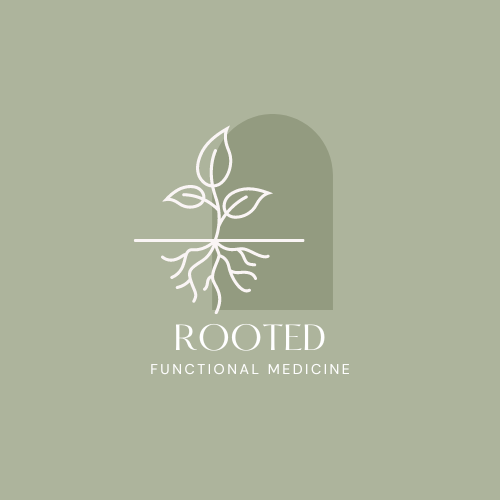The Gut- Mood Connection: Exploring the Profound Link Between Gut Health and Mood
In recent years, scientific research has unveiled a remarkable and intricate relationship between our gut health and our mood. The idea that the gut could influence emotions might sound unconventional, but mounting evidence suggests that our digestive system and our mental well-being are deeply intertwined. This phenomenon has led to the emergence of an exciting field of study known as the gut-brain axis, which delves into the complex interactions between our gut microbiota and our emotional state.
The Gut- Brain Axis: A Symbiotic Relationship
The gut-brain axis is a bi-directional communication system connecting the central nervous system with the enteric nervous system, which governs the function of the gastrointestinal tract. At the heart of this connection lies the gut microbiota, an intricate community of trillions of microorganisms residing in our intestines. This microbial population plays a crucial role in maintaining the health of our gut and has far-reaching effects on our overall well-being, including our mood.
The Microbiota’s Impact on Mood Regulation
Research has demonstrated that the gut microbiota doesn't merely aid in digestion; it also actively communicates with the brain, influencing various neurochemical processes. The microbiota produces a range of molecules, including neurotransmitters like serotonin and dopamine, which are closely associated with mood regulation. In fact, a substantial portion of the body's serotonin, often referred to as the "feel-good" neurotransmitter, is produced in the gut. An imbalance in gut bacteria can thus disrupt the production and signaling of these mood-affecting chemicals, potentially leading to mood disorders like anxiety and depression.
Inflammation, Immunity, and Mood
Inflammation, which is the body's response to harmful stimuli, can also impact the gut-brain axis and subsequently affect mood. An unhealthy gut can trigger chronic low-grade inflammation, and this inflammation has been linked to various mood disorders. Elevated levels of inflammatory markers in the body are associated with a greater risk of depression and other mental health issues. Thus, maintaining a balanced and diverse gut microbiota is essential for preventing inflammation-related mood disturbances.
Stress, Cortisol, and Gut Health
The intricate web of the gut-brain axis extends to stress as well. When we experience stress, the body releases cortisol, a hormone that, in excess, can negatively affect the gut's microbial balance. Disrupted gut microbiota, in turn, can impact the body's stress response, creating a feedback loop that can contribute to chronic stress and mood disorders. Managing stress through practices like meditation, exercise, and adequate sleep can help maintain a healthier gut environment.
Nurturing Your Gut for a Happier You
Diet Matters: A diet rich in fiber, prebiotics, and probiotics can promote a diverse and thriving gut microbiota. Foods like yogurt, kefir, sauerkraut, and fiber-rich fruits and vegetables can contribute to a balanced gut environment.
Stay Hydrated: Drinking enough water supports digestive health by aiding in the breakdown of food and absorption of nutrients.
Prioritize Sleep: Quality sleep plays a vital role in maintaining a healthy gut and a stable mood. Aim for 7-9 hours of sleep per night.
Manage Stress: Engaging in stress-reduction techniques like mindfulness, meditation, and yoga can positively influence both gut health and mood.
Limit Sugar and Processed Foods: A diet high in sugar and processed foods can negatively impact gut bacteria and increase the risk of inflammation.
The intricate relationship between gut health and mood is a testament to the holistic nature of our well-being. Our gut microbiota, often overlooked, exerts a profound influence on our emotional state, stress levels, and even our susceptibility to mood disorders. By nurturing our gut through a balanced diet, stress management, and healthy lifestyle choices, we can pave the way for a happier and more emotionally resilient life. As science continues to unravel the complexities of the gut-brain axis, we are presented with new opportunities to optimize our mental and physical health simultaneously.
